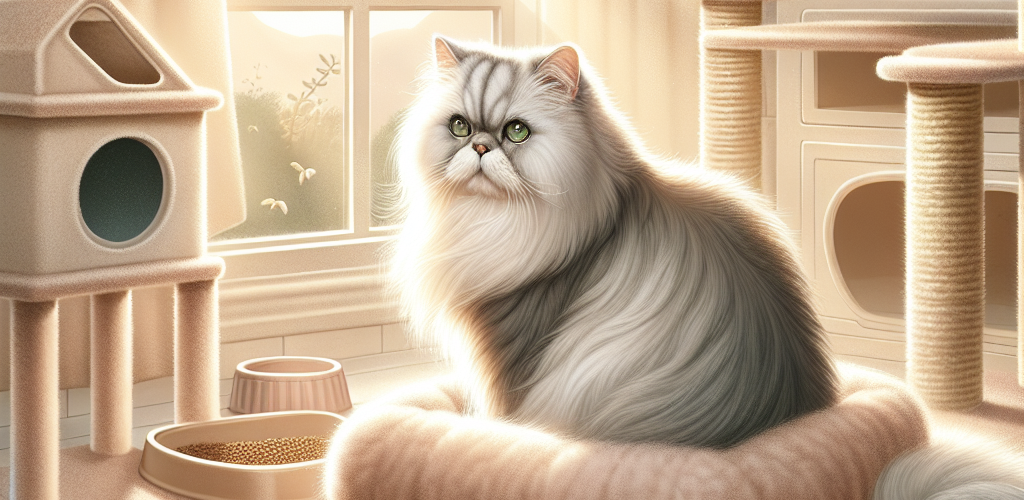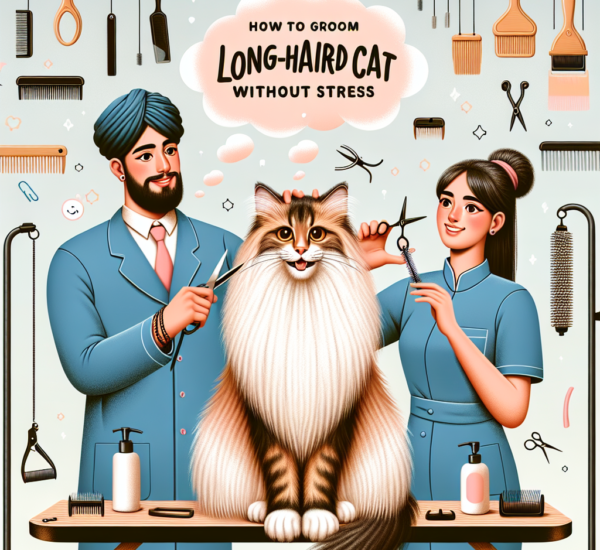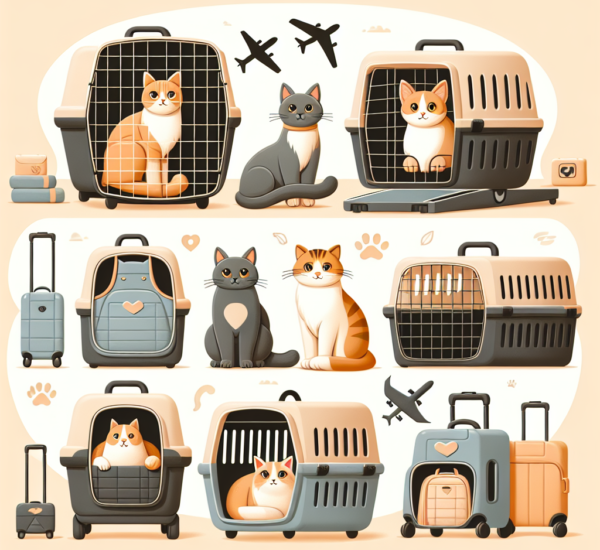As your beloved cat enters their golden years, understanding senior cat care becomes crucial. Whether it’s ensuring their comfort or attending to their changing health needs, these tips will help your aging feline companion live a joyful and fulfilling life. In this article, we dive into comprehensive strategies for senior cat care that prioritize your pet’s well-being while maximizing their happiness.
Table of Contents
- Understanding the Aging Process in Cats
- Nutrition: Feeding for Longevity
- Healthcare: Routine and Preventive Measures
- Exercise: Keeping Them Active
- Creating a Comfortable Environment
- Mental Stimulation: Keeping Their Mind Sharp
- Conclusion
- FAQs
Understanding the Aging Process in Cats
Senior cats, typically those over the age of 10, experience a variety of physical and behavioral changes. These can include reduced mobility, weight fluctuations, and slowing cognitive functions. Recognizing these changes early can help in adjusting care routines promptly.
Nutrition: Feeding for Longevity
A nutritious diet is the cornerstone of senior cat health. As metabolism slows down, managing calorie intake becomes essential. High-quality protein and easy-to-digest nutrients should form the basis of their daily meals.
Hydration is Key
Senior cats often face dehydration, impacting their organs’ functionality. Providing fresh water and wet food can help maintain hydration.
Healthcare: Routine and Preventive Measures
Regular veterinary visits are more important than ever for senior cats. Proactive healthcare can catch potential issues like arthritis or kidney disease early, paving the way for effective management.
Medications and Supplements
Your vet might suggest supplements or medications tailored to your cat’s specific needs. Joint supplements, for example, can significantly aid mobility in older cats.
Exercise: Keeping Them Active
Physical activity is crucial in preventing obesity and maintaining muscle tone. Engage your senior cat with gentle play that incites activity without straining them.
Interactive Play
Simple toys, like laser pointers or feather wands, can be enticing for your feline friend. Short, regular play sessions are ideal.
Creating a Comfortable Environment
Comfort becomes a larger priority as cats age. Ensuring their environment is easy-to-navigate and cozy can significantly improve quality of life.
Accessible Spaces
Provide low entry litter boxes, easily reachable food and water bowls, and cozy resting spots to support their needs.
Mental Stimulation: Keeping Their Mind Sharp
Cognitive health is as important as physical health. Interactive toys and new experiences can help keep their mind alert and engaged.
Interactive Environments
Puzzle feeders or rotated toys can offer mental challenges that keep their cognitive functions active.
Conclusion
As your cat enters their senior years, their care needs evolve. From nutrition to mental stimulation, these tailored strategies ensure your aging feline lives their later years with comfort and joy. Embrace each moment, and remember, your attentive care is their greatest reward.
FAQs
What age is considered senior for cats?
Generally, cats over the age of 10 are considered senior.
How often should a senior cat visit the vet?
It’s recommended to take senior cats to the vet at least twice a year for check-ups.
What diet changes are necessary for senior cats?
Senior cats benefit from a diet rich in high-quality protein with lower calories and easily digestible nutrients.




